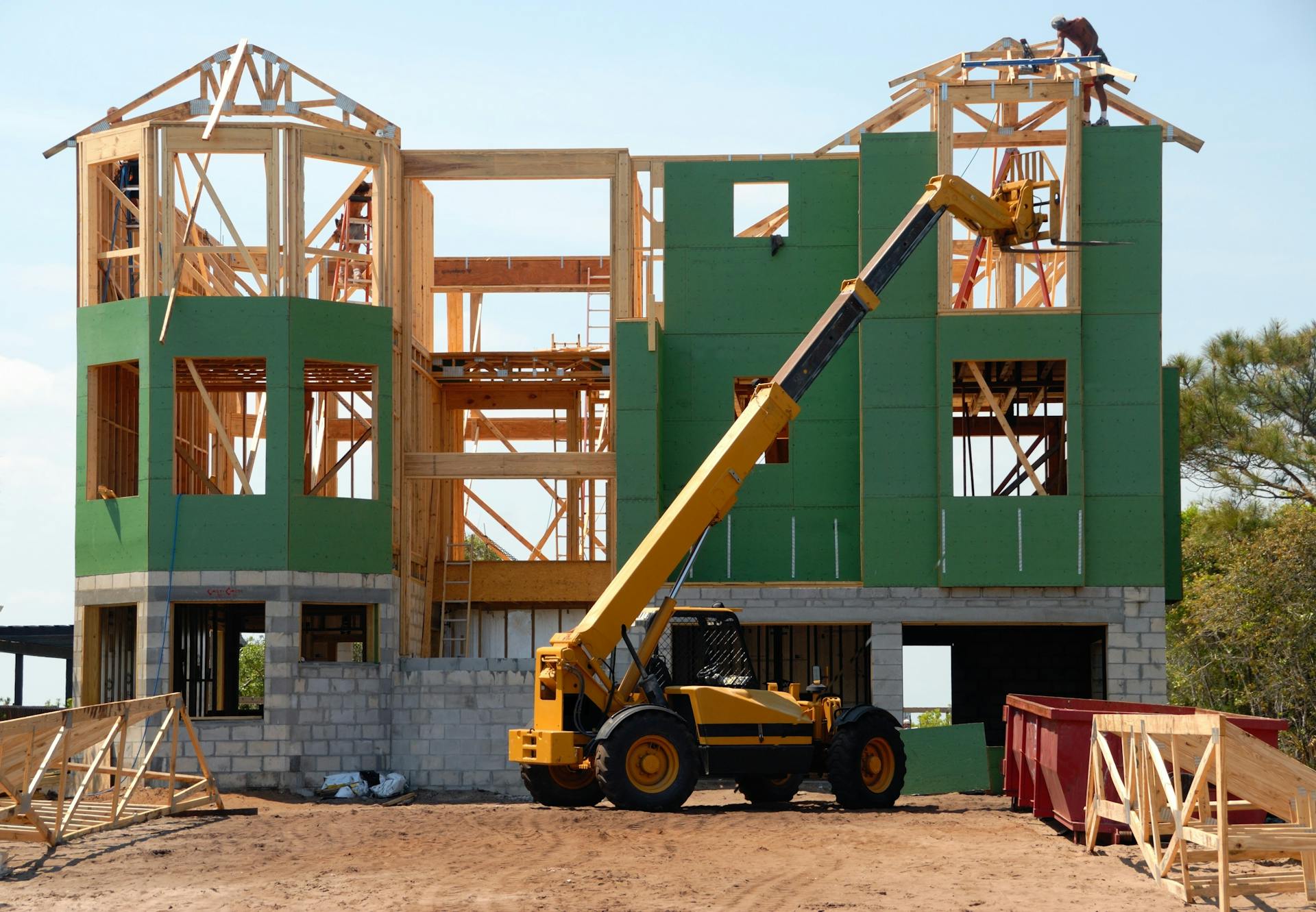How Advanced Construction Methods Affect Homebuyers’ Preferences

Modern homebuyers are no longer content with standard designs and conventional building methods. They seek homes that combine aesthetics, functionality, and durability. Advanced construction methods have started shaping these expectations. From modular designs to sustainable materials, innovations are changing what buyers consider desirable. These shifts influence purchasing decisions and the overall perception of value in the real estate market.
Prefabrication and Modular Construction

Prefabrication and modular construction have gained popularity among homebuyers. These techniques involve creating building components off-site and assembling them on location. Buyers appreciate faster move-in dates and the precision that factory-built components provide. Modular homes are now viewed as modern and efficient, making them an attractive option for a growing segment of the market.
Sustainability and Eco-Friendly Materials
Environmental concerns heavily influence homebuyers today. Green building materials, energy-efficient systems, and sustainable design practices are increasingly important. Advanced construction methods allow builders to integrate solar panels, efficient insulation, and water-saving fixtures seamlessly. Buyers are willing to pay a premium for homes that have lower utility costs and reduce environmental impact. Sustainability has become a unique selling point that can make a property stand out in competitive markets.
Smart Home Integration and Energy Efficiency
Technology is no longer a luxury. It’s an expectation. Homes built with advanced methods often include smart features such as automated lighting, climate control, and security systems. These integrated solutions improve convenience and energy efficiency. Buyers are attracted to homes where technology is embedded from the start, ensuring smooth operation without the need for costly retrofits. Smart homes signal modern living and forward-thinking design, which influences preferences significantly.
Aesthetic Flexibility and Design Innovation

Modern construction methods allow for greater design flexibility. Open floor plans, customizable layouts, and unique architectural features are easier to implement with advanced techniques. Homebuyers are drawn to properties that offer personalization without compromising quality. Whether it’s high ceilings, large windows, or innovative storage solutions, these design elements create an emotional appeal that significantly affects buyer preferences.
Structural Durability and Safety
Advanced construction techniques enhance structural durability and safety. Innovative materials, reinforced frameworks, and precision engineering contribute to longer-lasting homes. Homebuyers are increasingly aware of risks like natural disasters, and they value properties built to withstand these challenges. Durable construction instills confidence and peace of mind, which often tips the balance when choosing between properties. Safety, combined with longevity, has become a key consideration.
Cost Efficiency and Long-Term Value
While some advanced construction methods may initially seem more expensive, they often result in long-term savings. Efficient building processes reduce labor costs and construction errors. Energy-efficient systems lower utility bills. Durable materials decrease maintenance expenses. Buyers increasingly recognize the value of these savings over time. Homes built with these methods often retain or increase their market value, making them more appealing investments.
Homebuyer preferences will continue to evolve alongside construction technology. As more people experience the benefits of advanced building methods, expectations will rise. Developers who embrace innovation, sustainability, and integrated technology can attract discerning buyers. The market is shifting toward homes that are not only visually appealing but also efficient, durable, and technologically capable. Understanding these trends helps builders meet the utmost expectations of modern homebuyers and ensures long-term success in real estate development.
